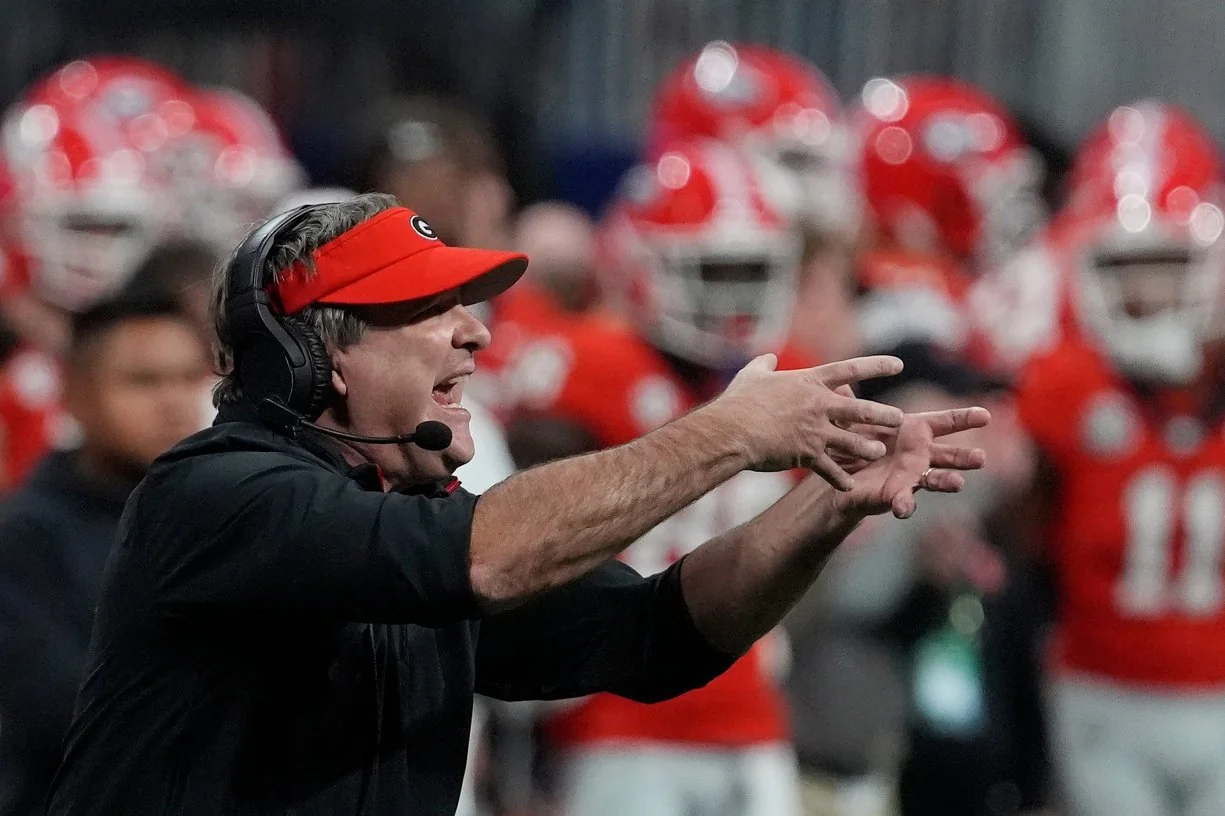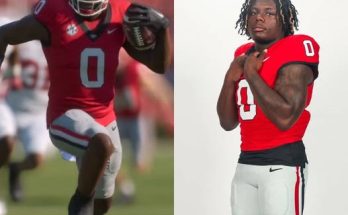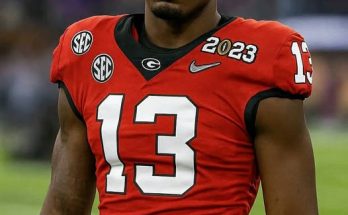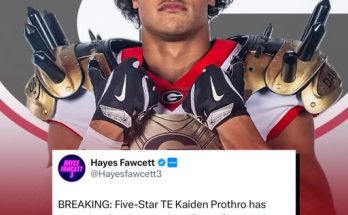In the landscape of college football, the role of a general manager (GM) has become increasingly common among Southeastern Conference (SEC) programs. The GM often serves as a crucial bridge between the coaching staff and the administrative side of the program, overseeing recruitment, roster management, and long-term team building. Most SEC football programs have adopted this structure to maximize efficiency and competitiveness, particularly given the intense pressure and high stakes that define the conference. However, the University of Georgia has taken a different approach — one that runs counter to the growing trend. Head coach Kirby Smart has openly explained how Georgia operates without a GM, and why this unique blueprint has contributed to the Bulldogs’ sustained success in one of college football’s most demanding environments.
Kirby Smart, a former defensive coordinator at Alabama before taking the reins at Georgia, is a coach known for his meticulous attention to detail and disciplined program management. Since becoming head coach in 2016, he has transformed Georgia into a national powerhouse, consistently competing for SEC titles and the College Football Playoff. Despite the mounting trend among peer institutions to add layers of management, Smart has firmly held the belief that a GM is unnecessary at Georgia. His explanation sheds light on how the Bulldogs maintain a streamlined operation that promotes accountability, clarity, and close-knit collaboration — all of which foster an environment of excellence.
At the core of Georgia’s model is the principle of direct communication and shared responsibility. Rather than diffusing duties through a GM, Smart prefers to keep coaching staff and program administrators tightly aligned. This approach allows him, as head coach, to remain deeply involved in every aspect of the program — from recruiting strategy to player development and roster decisions. For Smart, this hands-on style ensures that there is no ambiguity about who is responsible for what, and it reinforces a culture where accountability is not only expected but demanded.
The role of a GM, while valuable in many organizations, can sometimes create distance between coaches and decision-makers. Smart believes that such a divide can dilute the vision of the head coach, slow down decision-making, and complicate the internal dynamics of the team. By contrast, Georgia’s streamlined chain of command allows for quicker decisions, more consistent messaging, and a unified vision for the program. This clarity has proven essential in managing the complexities of SEC football, where the pressure to win is immense and margins for error are razor-thin.
Moreover, Smart’s approach reflects the strong institutional support and infrastructure that Georgia has built over the years. With an experienced athletic director, a well-staffed recruiting department, and seasoned assistant coaches, the Bulldogs possess the resources necessary to operate efficiently without a designated GM. This network of professionals works collaboratively, each playing their part under Smart’s leadership, ensuring that the program functions like a well-oiled machine. The team’s success on the field speaks to the effectiveness of this structure.
Recruiting, a vital area where many programs rely heavily on a GM, is a perfect example of how Georgia thrives without one. In recent years, recruiting coordinators and assistant coaches at Georgia have taken ownership of talent evaluation and relationship-building with prospects, guided by Smart’s strategic vision. The head coach remains directly involved, often engaging with top recruits himself, ensuring that the message and culture of the Bulldogs resonate authentically. This direct involvement has helped Georgia consistently attract some of the nation’s top prospects, reinforcing the program’s elite status.
Additionally, Georgia’s player development system benefits from Smart’s hands-on management. Without a GM acting as a buffer, coaches are empowered to focus on maximizing players’ potential and tailoring development plans that suit individual strengths and weaknesses. This personalized attention is often cited by players as a key reason they thrive at Georgia. The sense of connection and investment from the coaching staff fosters trust and motivation, which translates into success on game day.
Another important factor that explains why Georgia does not require a GM is the culture of leadership established by Kirby Smart. Known for his leadership skills and emotional intelligence, Smart cultivates an environment where trust and mutual respect underpin every interaction. His players and staff know exactly what is expected of them and are held accountable for their roles. The absence of a GM means that the lines of communication are open, and any issues or concerns can be addressed promptly without bureaucratic hurdles. This transparency strengthens team cohesion and aligns everyone toward a common goal.
Smart’s unique blueprint also helps Georgia remain adaptable in an ever-changing college football landscape. The NCAA’s evolving rules on NIL (Name, Image, and Likeness), transfer portals, and recruiting regulations require programs to be nimble and responsive. Having a leaner structure enables the Bulldogs to pivot quickly when new opportunities or challenges arise. Smart and his staff can directly implement changes without waiting for multiple layers of approval, giving Georgia a competitive advantage in keeping pace with the rapid evolution of the sport.
In contrast, some SEC programs with GMs have encountered challenges related to overlapping responsibilities or conflicts in decision-making authority. While not universally the case, the presence of a GM can sometimes introduce complexities that slow down a program’s response time or cause friction among coaching staff and administration. Georgia’s model avoids these pitfalls by consolidating leadership under Smart, whose vision remains the driving force behind the team’s direction.
Critics might argue that operating without a GM places an excessive burden on the head coach. After all, the role of a GM in professional sports is to alleviate some of the administrative and strategic pressures so that coaches can focus on game planning and player performance. However, Kirby Smart has demonstrated an ability to balance these demands effectively. Supported by a strong support staff and empowered assistants, Smart manages the program’s strategic elements without sacrificing his focus on coaching. This balance is a testament to his leadership acumen and organizational skills.
The results speak volumes. Georgia’s recent achievements, including multiple SEC championships and appearances in the College Football Playoff, illustrate the success of the Bulldogs’ operational model. The program’s ability to maintain sustained excellence despite the absence of a GM suggests that this alternative structure can be equally effective, if not superior, under the right leadership.
Looking ahead, Kirby Smart’s approach might inspire other programs to reconsider the necessity of adding a GM to their staff. While every program’s context differs, Georgia’s example shows that with a clear vision, strong leadership, and a dedicated support network, it is possible to thrive without following every prevailing trend. Ultimately, what matters most is building a program that reflects the values and priorities of its leadership, fosters accountability, and puts the team’s success at the forefront.
In the end, Kirby Smart’s candid explanation of how Georgia operates without a GM reveals a deeper philosophy about leadership and program management. It is a philosophy that champions clarity over complexity, direct involvement over delegation, and unity over fragmentation. As college football continues to evolve, the Bulldogs’ unique blueprint offers a compelling alternative to the growing reliance on general managers — a reminder that sometimes, less truly can be more.



